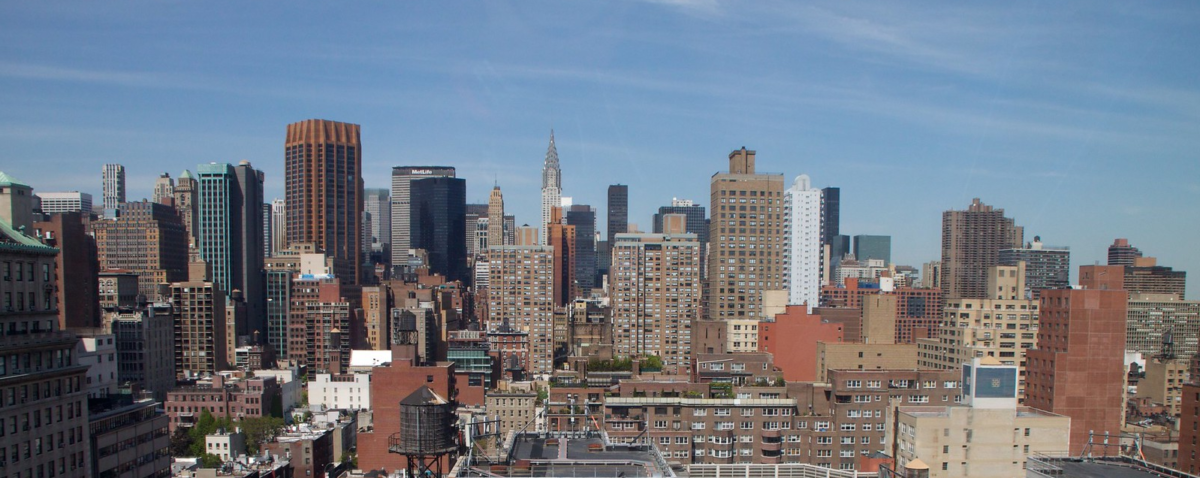
“It was early morning when I saw the breaking news on TV. The headlines were clear: Russian troops had entered Crimea. The shock was overwhelming—people were calling each other, trying to understand what was happening. It felt like a bad dream, but deep down, we all knew this was real. There was fear, anger, and a deep sense of helplessness,” – Michael who lived in Kyiv at that moment.
The takeover of Crimea by Russia in 2014 marked a watershed moment in global geopolitics. This contentious event occurred after the Ukrainian Revolution of Dignity and was highlighted by a disputed referendum in the shadow of a military presence. The annexation of Crimea not only violated international law, but it also revived Cold War tensions, fundamentally altering ties between Russia, Ukraine, and the rest of the world. This website investigates human experiences surrounding one of the most significant events in twenty-first-century history.

My grandfather Michael, whom I chose to interview, is a former Colonel in the Ukrainian Special Forces. During the 2014 Revolution, he was stationed in Kyiv alongside several divisions based in Crimea. He witnessed firsthand the revolutionary acts in Kyiv and the early stages of Crimea’s annexation.

“My team and I were tasked with maintaining safety during the violent days of the Revolution, but everything changed when the president fled the country. The chain of command was broken, and the nation was left without leadership or proper management. This chaos allowed the Russian Federation to exploit the situation and swiftly annex the entire Crimean region. Many of our colleagues, stationed in Crimea, were taken hostage as the region fell under Russian control”.

The annexation of Crimea began in late February 2014, when unidentified armed men, later proven to be Russian military without official insignia, seized major government buildings in Simferopol, the regional capital. These “little green men,” as they were known, quickly took over military bases, airports, and communication hubs, effectively paralysing Ukrainian resistance. Despite Russia’s initial denial of involvement, it became clear that the operation was a concerted effort by Russian Special Forces. Under pressure, the Crimean Parliament called a referendum on the peninsula’s status in early March. The referendum was held on March 16 under significant military presence, with reports that more than 96% voted in favour of joining Russia—a result largely seen as illegitimate by the international community.
Following the vote, Russian military took control of the entire peninsula, establishing checkpoints and reinforcing the border between Crimea and mainland Ukraine. Ukrainian military stationed in Crimea were blockaded or forced to surrender, with many being held captive or removed. By March 18, Russia had officially declared Crimea part of its territory, completing a quick and strategic annexation that left Ukraine and the rest of the globe wrestling with the geopolitical consequences.
“The nation was in turmoil during that transition. People in Ukraine felt betrayed, abandoned, and deeply uncertain about the future,” Michael explained. “In Kyiv, there was a mix of anger and determination as people tried to protect their country’s sovereignty, but also fear of what was to come. As for Crimea, the population’s reaction was divided. Some welcomed the annexation, believing Russian propaganda that promised stability and prosperity. Others, especially those loyal to Ukraine, felt trapped and powerless as they watched their homeland being taken over” – Michael.
Russia’s annexation of Crimea in 2014 was extremely fast, with no resistance from Ukrainian military stationed there. This lack of opposition was largely due to the political upheaval in Ukraine following President Viktor Yanukovych’s ouster, which left the military with no clear leadership or instruction. Furthermore, many Ukrainian troops in Crimea found themselves alone, surrounded by Russian forces, and unable to receive reinforcements or orders from Kiev. Some troops, particularly those with familial or cultural links to Russia, defected or were hesitant to confront Russian forces. Furthermore, the organised and concealed character of Russia’s operation, which used unmarked forces and portrayed the annexation as a reaction to local wishes, exacerbated Ukrainian troops’ uncertainty and immobility.

“It was a difficult reality to accept,” Michael stated firmly. “For many, having friends and family now separated by a border controlled by Russian troops was deeply unsettling. What once was a seamless connection became a logistical and emotional challenge. People couldn’t visit their relatives without navigating new restrictions, and it created a sense of division that hadn’t existed before”.
Today, a decade after the annexation of Crimea and nearly three years into the full-scale invasion, the resilience of the Ukrainian people remains unshaken. Despite the challenges, there is still hope for a better future. We continue to fight relentlessly to protect the sovereignty of our country and to reclaim what rightfully belongs to Ukraine.
